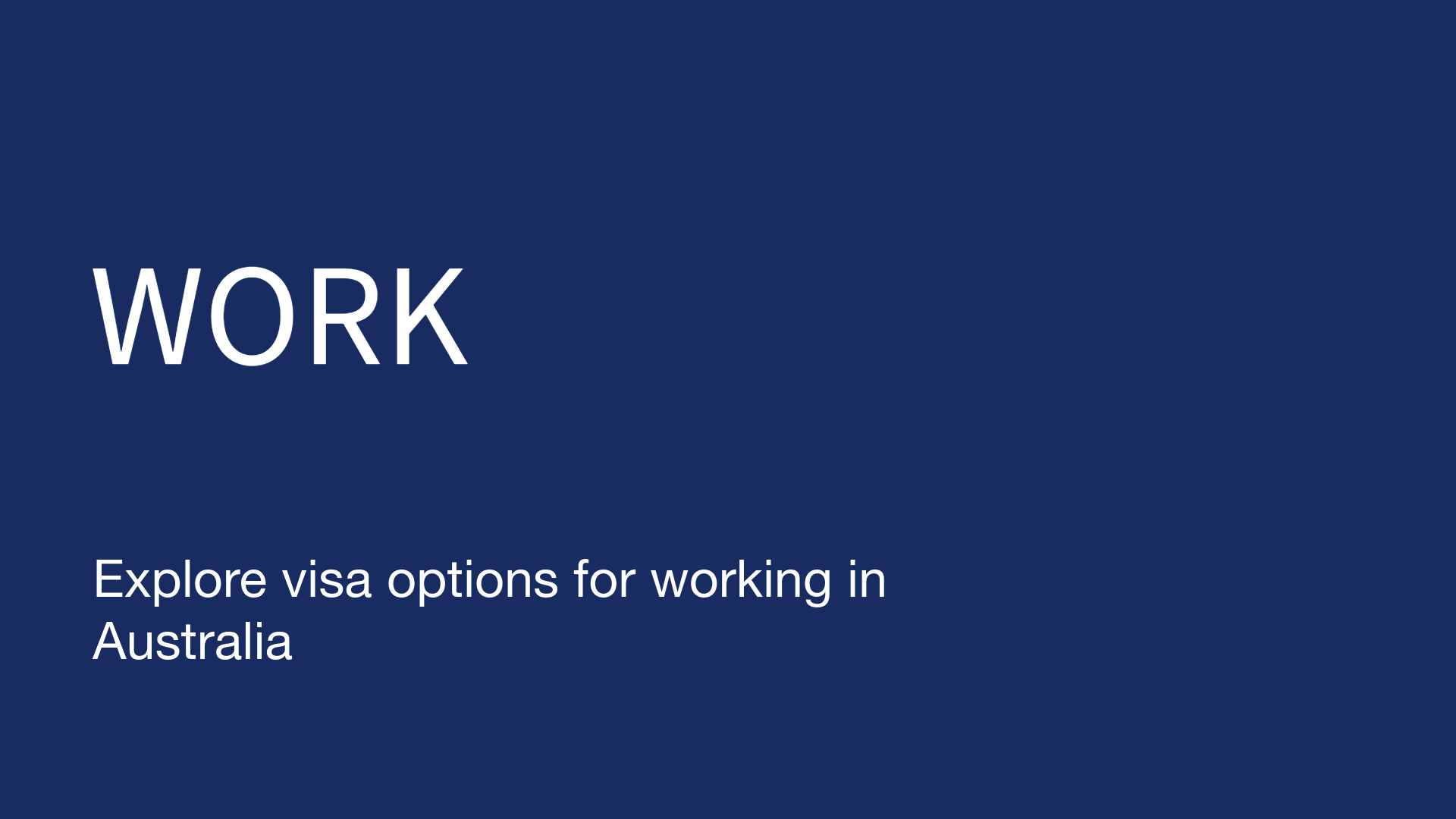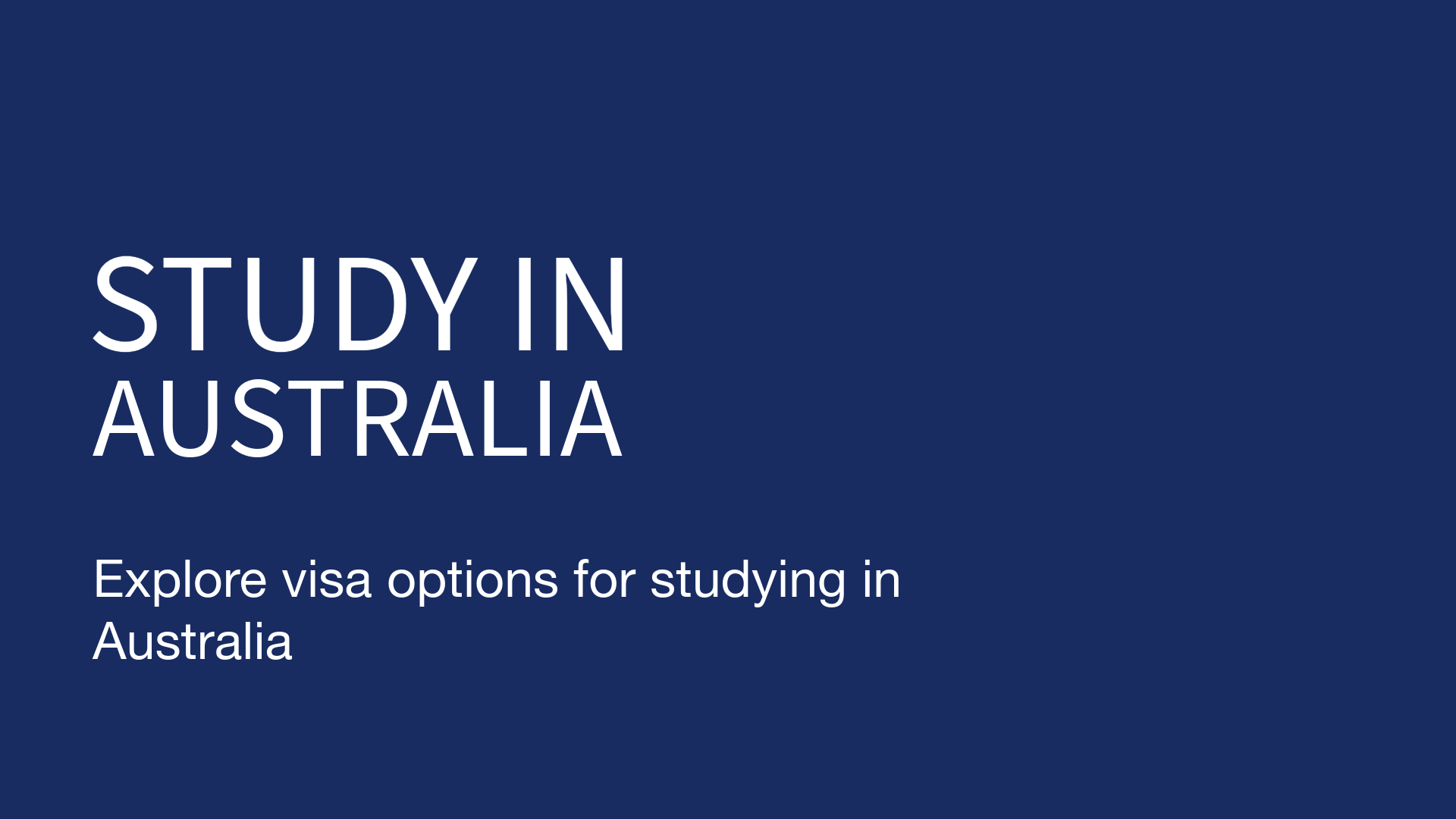
Migration is a process, not a problem. Let us take you through the process.
Explore Visa Options
Skilled Migration
Explore visa options to become a permanent resident of Australia
Work In Australia
Explore skilled, sponsored, business, investment, and working holiday visa options for Australia.
Study In Australia
Explore visa options for studying in Australia
-1.png)
Skilled Migration
Explore visa options to become a permanent resident of Australia

Work In Australia
Explore skilled, sponsored, business, investment, and working holiday visa options for Australia.

Join Partner or Family
Explore visa options for joining your family in Australia
.png)
Graduate Visa
A temporary visa for international graduates to live, study, and work in Australia after completing their studies.
Join Partner or Family
Explore visa options for joining your family in Australia
Visit Australia
Explore visa options for visiting Australia on a tourist visa
Graduate Visa
A temporary visa for international graduates to live, study, and work in Australia after completing their studies.
Recommended for you
Latest Visas And Migration Updates
Our Education Partners


























Our Education Partner























Why Provisa?
Certified and registered Counsellors
To conduct your process in accordance with industry standards.
Assistance for wide-ranging courses and a visa
To help you provide with all the options available for your study or migration pathway.
Most Trusted Migration Agent
Reach our Facebook page and find the testimonials. You’d know it all.
Convenient Location and affordable services
Reach our Facebook page and find the testimonials. You’d know it all.
"I'm extremely satisfied with their services. They provided clear guidance, professional advice, and were always responsive throughout the visa process. Their expertise made everything smooth and stress-free. Highly recommend for anyone needing migration assistance!"
We are here to help!
Migration is a process, not a problem, let us take you through the process





